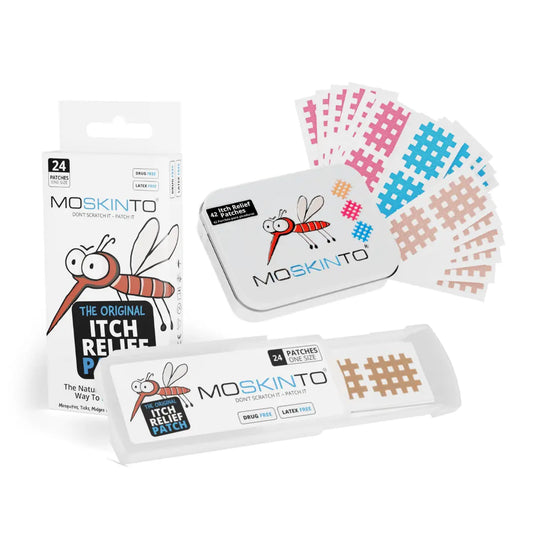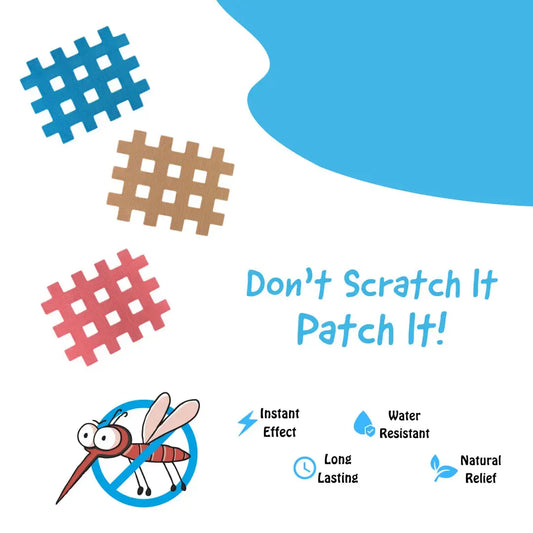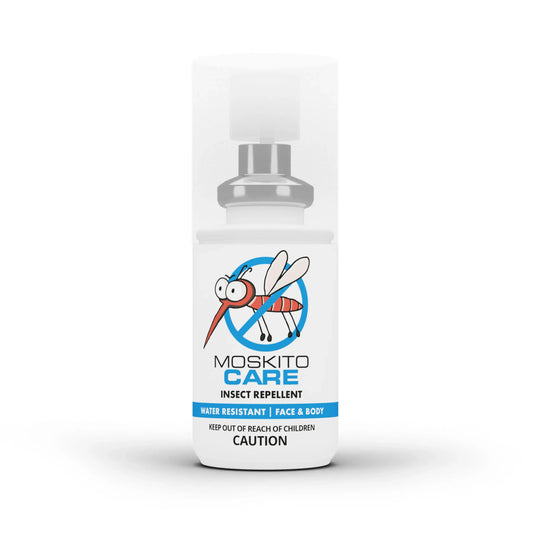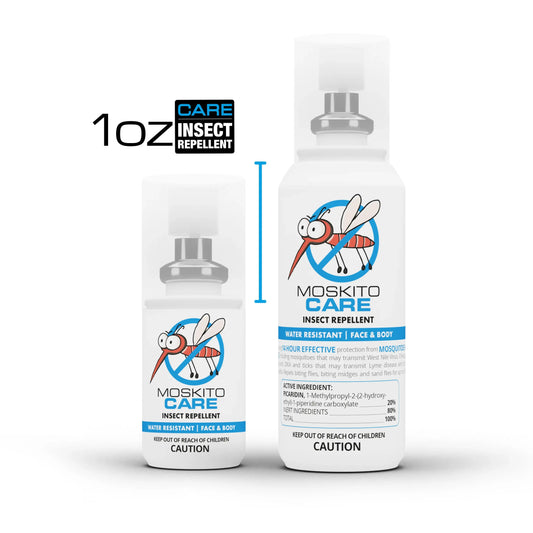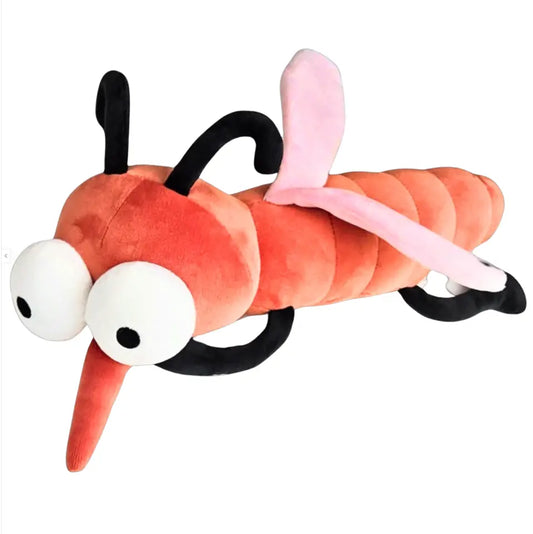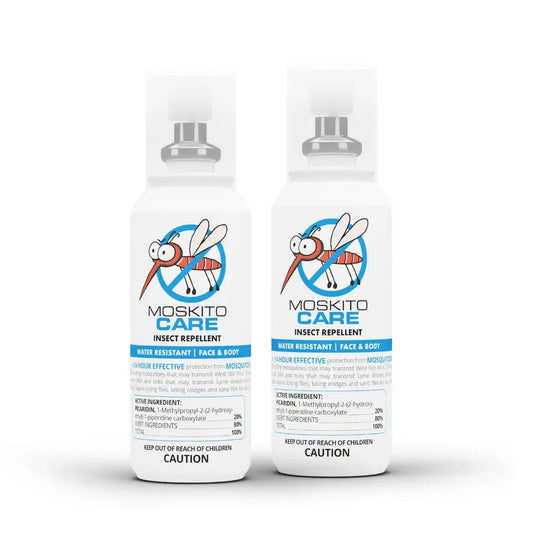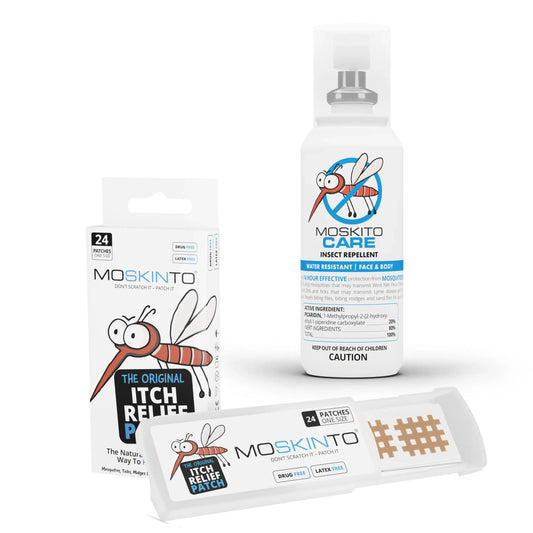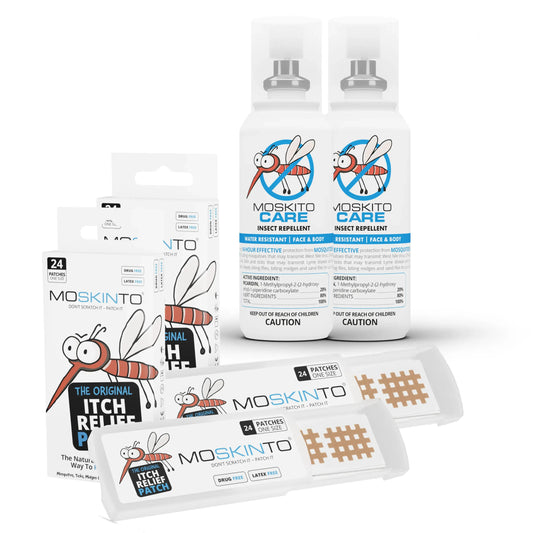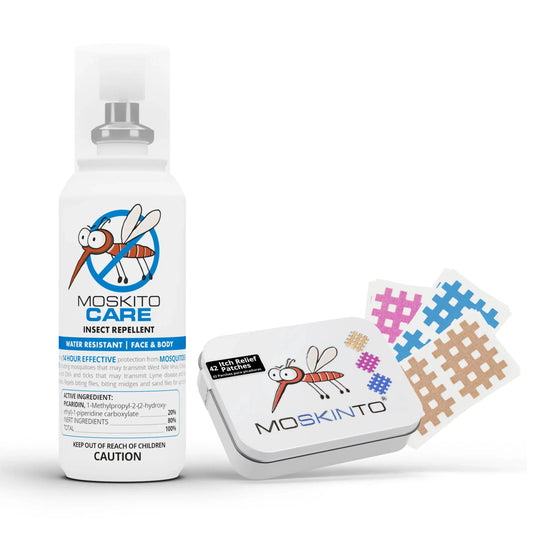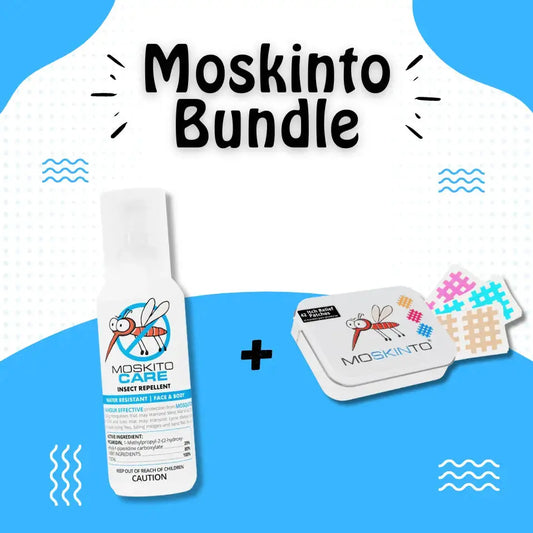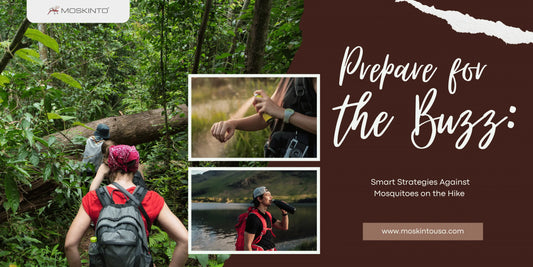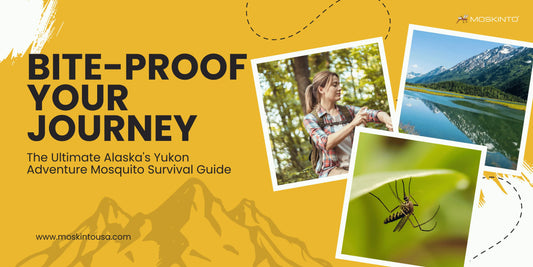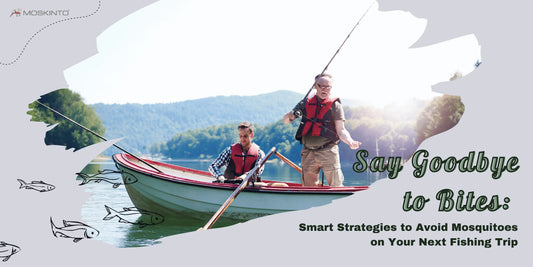Prepare for the Buzz: Smart Strategies Against Mosquitoes on the Hike
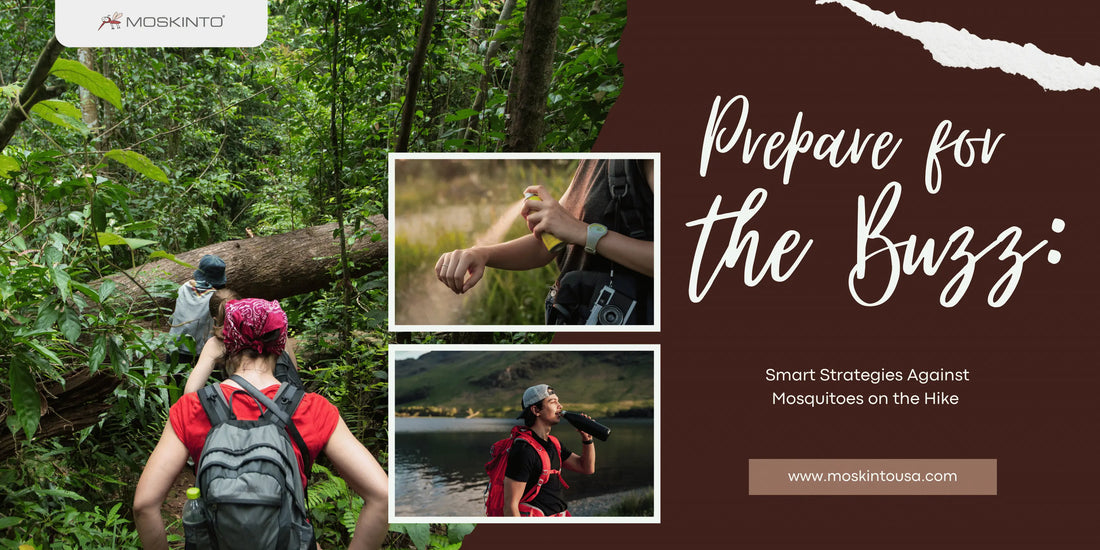
Hiking amidst nature's beauty is a joy, but pesky mosquitoes can dampen the experience. Learn their habits: active at dawn and dusk, drawn to carbon dioxide and heat. Plan hikes accordingly to avoid peak activity. Our guide ensures uninterrupted adventures with minimal buzzing.
Choosing the Right Insect Repellents for Your Hike
Mosquitoes are not just a nuisance-they can also be dangerous, transmitting diseases like West Nile virus and Zika. Protecting yourself with the right insect repellent is essential when venturing into their territory.
Understanding Your Repellent Options
There are several active ingredients to look for when picking an insect repellent:
- DEET: A widely used repellent, DEET is known for its effectiveness. Concentrations can range from 10% to over 30%-the higher the concentration, the longer the protection.
- Picaridin: Another effective ingredient, picaridin is odorless and less greasy than DEET. It's safe for most fabrics and can also be found in various concentrations.
- Natural repellents: For those seeking a chemical-free option, natural repellents with ingredients like oil of lemon eucalyptus can provide protection, though they may need to be reapplied more frequently.
Choosing Repellents by Exposure Duration and Region
Selecting a repellent also depends on how long you'll be outdoors and where you're hiking. Different mosquito species and concentrations can affect your choice:
- If you're going for short hikes in areas with lower mosquito activity, a natural repellent or a product with a lower concentration of DEET or picaridin may suffice.
- For longer, more intense excursions, especially in regions known for higher mosquito populations or disease risk, opt for a higher concentration of DEET or picaridin to ensure longer-lasting protection.
Applying Repellents Correctly
Effective mosquito defense requires more than just choosing the right repellent-it also means applying it correctly:
- Read the product label for application instructions and reapplication times.
- Apply repellents only to exposed skin or clothing, avoiding cuts, wounds, or irritated skin.
- Don't apply directly to your face-spray on hands first, then pat onto the face, avoiding eyes and mouth.
- For maximum protection, use in conjunction with protective clothing and other mosquito-preventive measures.
Remember: The goal is to enjoy your hike without letting mosquitoes turn it into an itching, or potentially harmful, experience. Choose wisely, apply properly, and stay protected on the trail.
Stay Bite-Free: Dress Smart for Your Next Hike
When preparing for a trek through nature, one of the key elements to consider is your clothing. The right attire can serve as a crucial barrier against mosquitoes, reducing the likelihood of irritating bites and potential vector-borne diseases. Let's dive into how to dress effectively to keep these pests at bay.
Material Matters: Choosing Mosquito-Resistant Fabrics
Your choice of material is the first line of defense. Opt for lightweight, breathable fabrics that are tightly woven, as mosquitoes can find it difficult to penetrate these materials. Synthetic fibers such as nylon and polyester are often a good choice, but make sure the weave is not too loose. Long sleeves and pants are a must, and they should be loose-fitting to create an extra barrier of protection.
Add a Layer of Armor: Permethrin-Treated Clothing
Incorporating permethrin-treated clothing into your hiking wardrobe adds a layer of insect repellent directly to your attire. Permethrin is an insecticide that is safe for human use and effectively repels mosquitoes. Wearing clothes treated with permethrin can drastically reduce your chances of bites, lasting through several washes and offering peace of mind on your outdoor adventures.
- Material considerations: Choose tightly woven, synthetic fabrics that prevent mosquitoes from reaching your skin.
- Incorporating permethrin-treated clothing for added protection: Look for specialized treated clothing or consider treating them yourself with a permethrin spray designed for fabric application.
By equipping yourself with the right clothing, you're taking a significant step towards a more enjoyable and less itchy hiking experience. Stay protected and hike on without the unwelcome buzz of mosquitoes circling around.
Staying Hydrated and Avoiding Excess Sweating
When planning for an outdoor adventure, staying hydrated is imperative both for your health and as a strategy to keep mosquitoes at bay. A well-hydrated body is less likely to overheat, which in turn can reduce the amount of sweat you produce-a known attractor for mosquitoes.
How Staying Hydrated Reduces Your Scent's Attractiveness to Mosquitoes
Mosquitoes are attracted to the lactic acid, uric acid, ammonia, and other substances present in human sweat. By drinking plenty of water, you help regulate your body temperature and thus reduce sweat production. This, in effect, makes your scent less appealing to these pests.
Clothing and Gear Strategies to Reduce Sweating
- Choose lightweight, breathable fabrics such as cotton, linen, or moisture-wicking materials to keep your skin cool.
- Wear light-colored clothes since dark colors absorb more heat and can increase your body temperature.
- Select well-ventilated footwear which can prevent your feet from getting too hot and sweaty, another mosquito lure.
Managing Physical Exertion to Minimize Body Odor
Physical activity naturally increases perspiration and body odor, which are both attractive to mosquitoes. To manage this:
- Maintain a steady pace while hiking to avoid over-exertion.
- Take regular breaks in shaded areas to allow your body to cool down.
- Stay aware of the temperature and humidity, and limit vigorous activities to cooler parts of the day, such as early morning or late afternoon.
By applying these practices, you can enjoy your hike with the peace of mind that you are taking proactive steps to reduce the likelihood of attracting mosquitoes.
Backpacking and camping in a national park offers unparalleled opportunities to connect with nature, but travelers must be aware of potential health risks, including mosquito-borne illnesses like dengue fever. Dengue fever, characterized by symptoms such as fever, headache, and muscle pain, can be contracted through mosquito bites, particularly in tropical and subtropical regions. When exploring national parks, especially during warmer months, it's crucial for backpackers and campers to take precautions against mosquito bites by wearing long-sleeved clothing, using insect repellent, and avoiding outdoor activities during peak mosquito activity times.
Additionally, travelers should be vigilant about monitoring their health and seeking medical attention if they experience symptoms of dengue fever or other mosquito-borne diseases while backpacking or camping in national parks. Early detection and treatment are essential for managing dengue fever and minimizing complications, ensuring a safe and enjoyable outdoor experience for all adventurers.
Concluding Thoughts: Hike More, Buzz Less
Embarking on a hiking journey should be about the beauty of nature and the thrill of exploration, not the annoyance and risks posed by mosquitoes. To ensure your experiences remain positive, we have outlined the essential strategies for a mosquito-free adventure. From understanding the habits of mosquitoes to choosing the correct repellents and clothing, each step contributes to your overall protection.
Remember to choose the right campsites, employ natural deterrents, and stay vigilant with pre- and post-hike practices to minimize the presence of mosquitoes. Don't let these pesky insects deter you from the paths you wish to tread.
- Understand mosquito peak times and habits
- Opt for appropriate insect repellents like Moskinto's Moskito Care with 20% picaridin
- Dress in long sleeves, pants, and hats for a physical barrier
- Select campsites wisely, away from standing water
- Use permethrin-treated gear for extra protection
- Stay on top of personal care to reduce sweat and scent attraction
- Conduct thorough post-hike checks for any bites or ticks
For additional expertise and guidance, we encourage you to explore more resources linked below. Dive deeper into the science of repellents, find the best hiking gear, and educate yourself further on how to enhance your outdoor experiences.
If you're looking for a trusted repellent to accompany you on your next hike, we invite you to learn more about Moskinto's Moskito Care, featuring 20% picaridin for long-lasting, effective protection against mosquitoes.
Happy hiking and stay bite-free!
